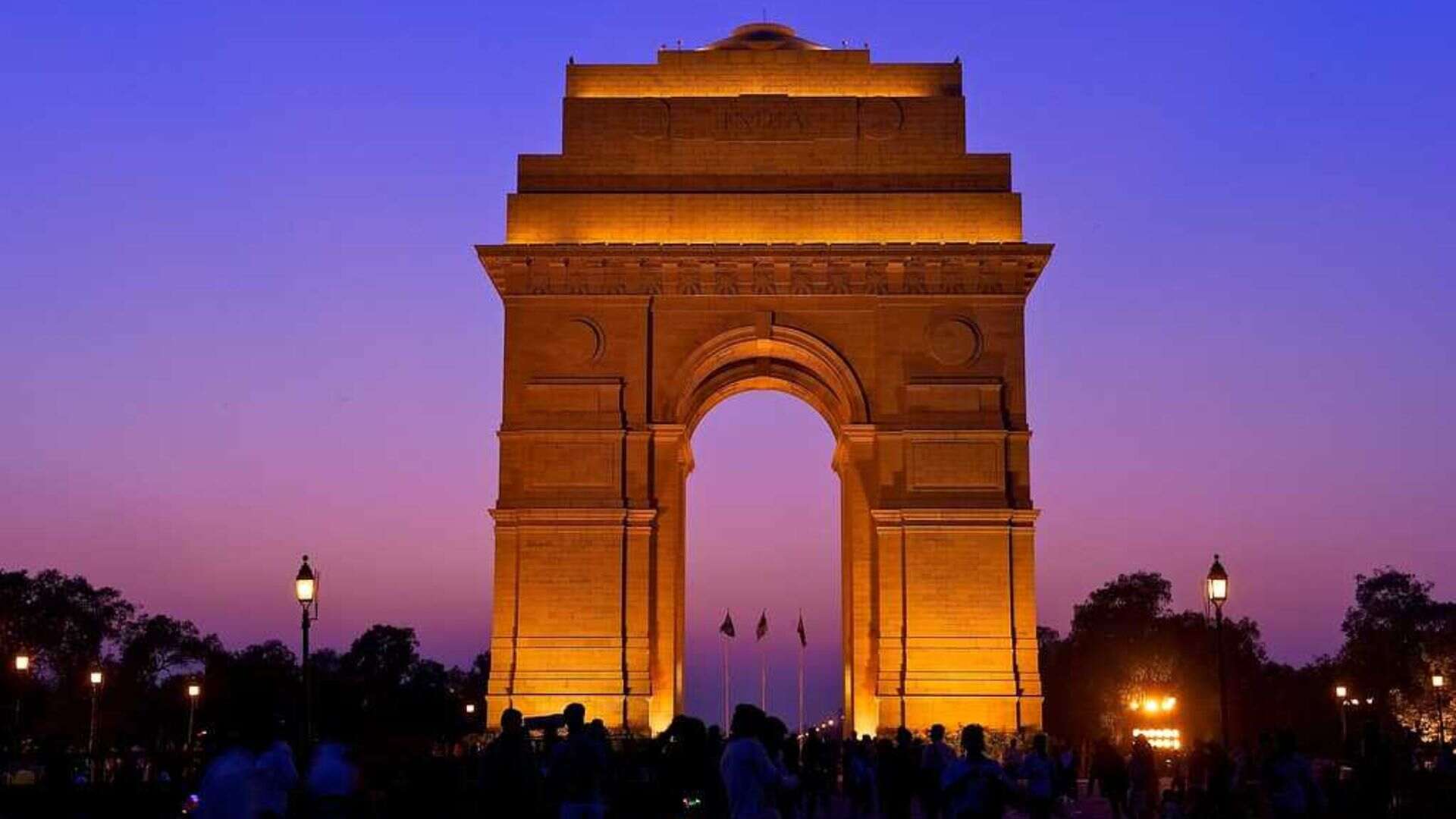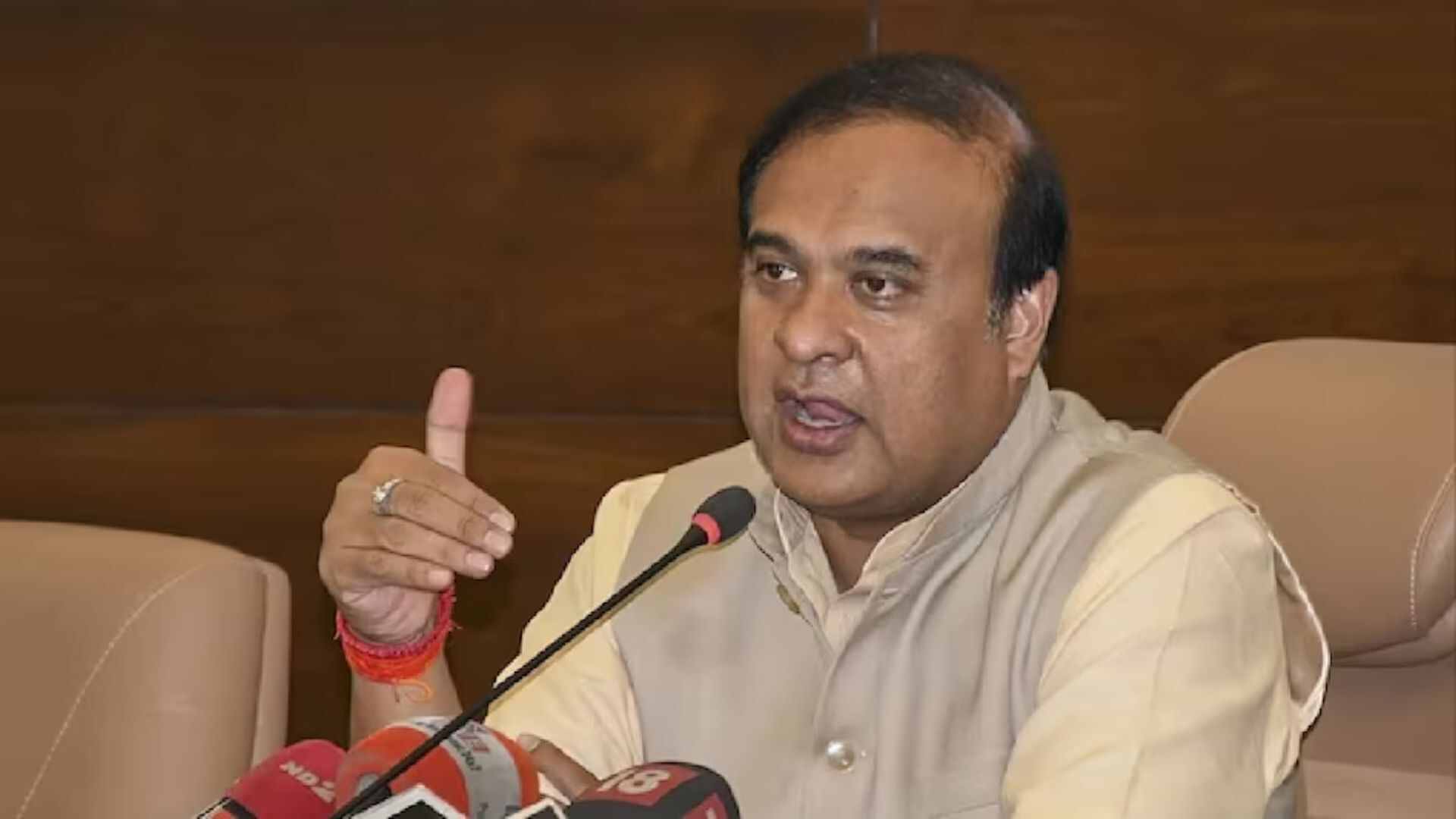Rahul Gandhi, Congress MP and Leader of the Opposition in the Lok Sabha, recently highlighted the impressive growth of the Indira Fellowship, which was launched a year ago as a movement to empower women in Indian politics. This initiative has since transformed into a larger movement called the Shakti Abhiyan, which aims to increase women’s representation and participation in governance across all levels, from local bodies to Parliament.
In a post on X (formerly Twitter), Gandhi reiterated the critical role that women must play in politics to ensure “true equality and justice.” He called on women to take an active role in shaping the political landscape by joining the Shakti Abhiyan, a movement led by women, for women. The core message, “Aadhi Abadi, Poora Haq” (Half the population, Full Rights), emphasizes that women, who make up half of India’s population, should claim their rightful place in politics, decision-making, and governance.
The Indira Fellowship was created to honour former Prime Minister Indira Gandhi’s legacy and to bolster women’s leadership at the grassroots level. Over the past year, it has provided mentorship, policy training, and leadership development to numerous women passionate about driving change. The fellowship has grown into a crucial mechanism for supporting women who are ready to take the plunge into politics and leadership roles.
The Shakti Abhiyan, under which the fellowship operates, aligns with the values of equal ownership and rights (Haq & Hissedari). Women involved in this movement are given the tools they need to advocate for gender equality in politics, a space long dominated by men. Through this initiative, Gandhi envisions creating a robust network of women leaders who can influence policy-making from villages to the national level.
Women from all walks of life have become part of this initiative, with stories of empowerment emerging from every corner of the country. From Priti Manjhi in Chhattisgarh to Megha Parmar in Madhya Pradesh, these women are rising as political leaders, activists, and change-makers. Each participant brings a unique story of resilience and determination, breaking through societal barriers to lead campaigns that tackle critical issues like women’s education, equal rights, and representation.
Gandhi’s message also underscores the broader vision of creating an inclusive and just society by nurturing women’s leadership. He urged all women interested in making real, tangible changes to register for the Shakti Abhiyan at Shakti Abhiyan, thereby contributing to the movement’s goal of reshaping politics to be more representative and just.
The Shakti Abhiyan has quickly expanded, with over 31,000 members and 350 fellows across 28 states. It focuses on training women in grassroots campaigning, policy development, and leadership, ensuring that their voices resonate within local governance structures as well as at the national level.
Also read: The Truth Behind the Viral Image: Sitaram Yechury, Indira Gandhi, and JNU Students’ Union
This initiative marks a significant step in India’s journey toward gender equality in politics. By promoting women’s leadership, Gandhi and the Shakti Abhiyan aim to create a more inclusive political environment where the interests of women are adequately represented, and where real change can be driven from the grassroots up







